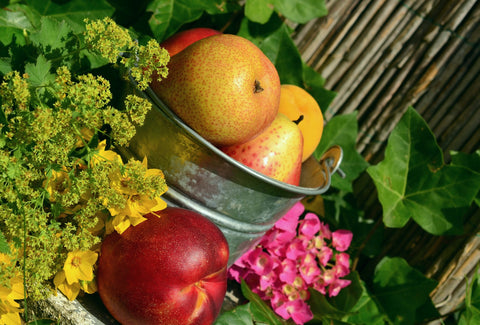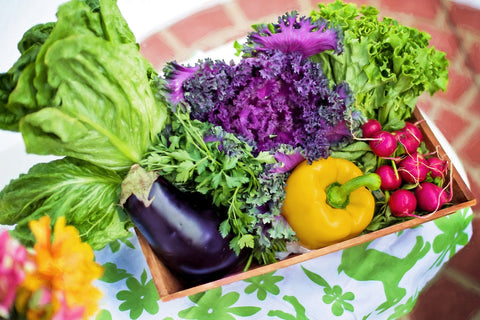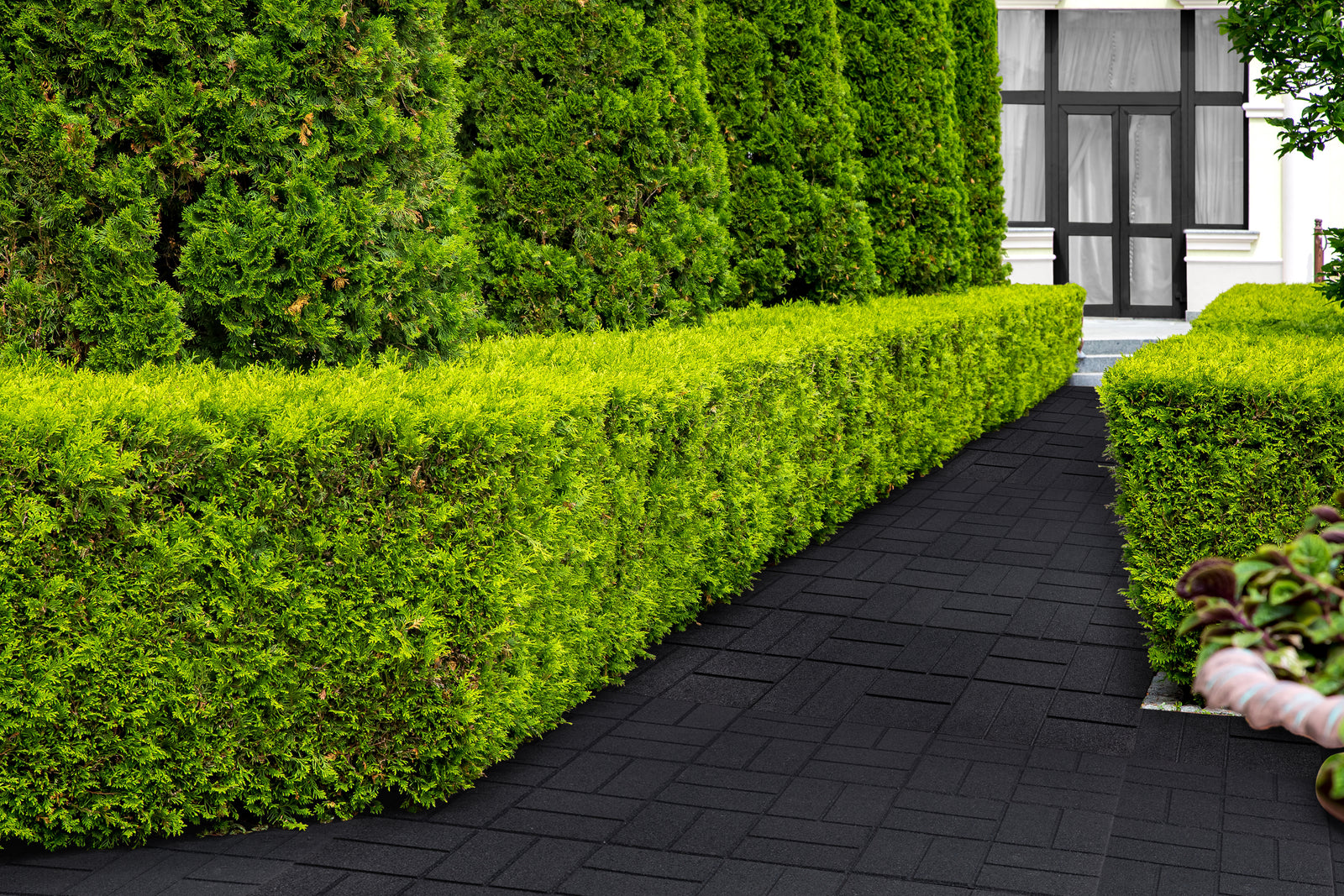October 10, 2016
The Benefits of Growing Your Own Veggies

What are the freshness benefits of growing your own vegetables compared to buying them from a store?
Growing your own vegetables ensures unparalleled freshness. Unlike store-bought produce, which may have been harvested days or weeks before reaching the shelves, vegetables from your own garden can be picked and consumed immediately. This direct-from-garden-to-table approach guarantees you know exactly where your food comes from and under what conditions it was grown. The freshness not only enhances the flavor but also preserves more nutrients, making your meals healthier. Moreover, you can continuously replant using cuttings from your previous harvest, ensuring a constant supply of fresh produce.
How does growing your own vegetables help avoid harmful chemicals found in store-bought produce?
When you grow your own vegetables, you have complete control over the growing process, including the avoidance of harmful chemicals. Store-bought produce might be treated with pesticides and synthetic fertilizers, and even items labeled "organic" may not be entirely free from such substances. By cultivating your own garden, you can ensure your vegetables are grown naturally and are free from potentially harmful chemicals, providing a healthier and safer option for you and your family.
In what ways does having a vegetable garden contribute to a healthy diet?
Having a vegetable garden encourages a healthier diet by providing a steady supply of fresh produce, which can replace packaged and processed foods. Fresh vegetables and fruits are rich in vitamins, minerals, and other nutrients that are essential for good health. Regular consumption of these nutrients can reduce the risk of chronic diseases like diabetes, cancer, and heart disease. Additionally, the act of gardening itself can be a fulfilling and rewarding experience, promoting a sense of well-being and pride in consuming what you have personally grown.
How can growing your own vegetables be more economical compared to buying them from a store?
Growing your own vegetables can be significantly more economical than buying them from a store. Store prices for produce can fluctuate due to factors like climate change, transportation issues, and supply-demand dynamics. In contrast, cultivating a garden largely shields you from these external price influences. It reduces the need for frequent trips to the grocery store, saving on transportation costs. Moreover, a home garden provides a steady supply of produce, reducing the need to spend money on vegetables and fruits.
What are the environmental benefits of growing your own vegetables instead of purchasing them from commercial sources?
Growing your own vegetables has notable environmental benefits. Commercially purchased produce contributes to carbon emissions through packaging, waste, and transportation. The food industry accounts for a significant percentage of the carbon footprint, primarily due to transportation and packaging processes. By growing your own food, you can substantially reduce these emissions. Home gardening eliminates the need for transportation and packaging, and using organic waste as compost further reduces your carbon footprint. It's estimated that growing about 20% of your own food can significantly cut down annual carbon dioxide emissions.


Also in Rubber Mulch Blog

Embracing Eco-Friendliness by Choosing Rubber Mulch for Your Playground
June 17, 2025
“Reuse, Recycle, and Reduce” are three main aims when it comes to preserving the health of our planet. Rubber mulch definitely falls within their scope. Conserving resources, energy efficiency, and better health for kids are all rubber mulch benefits.

Effective Mold and Fungi Prevention: The Hidden Value of Rubber Mulch
October 31, 2024

Create Your Own Sensory Path with Rubber Pavers
October 28, 2024
shop
Copyright © 2025 RubberMulch.com - All Rights Reserved.






